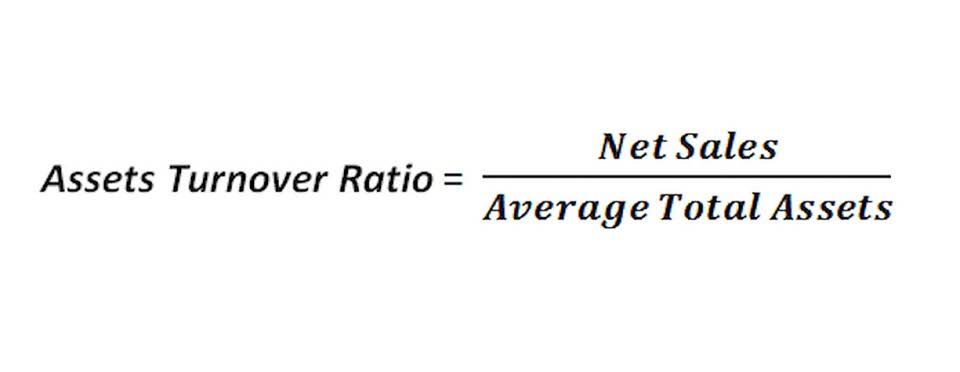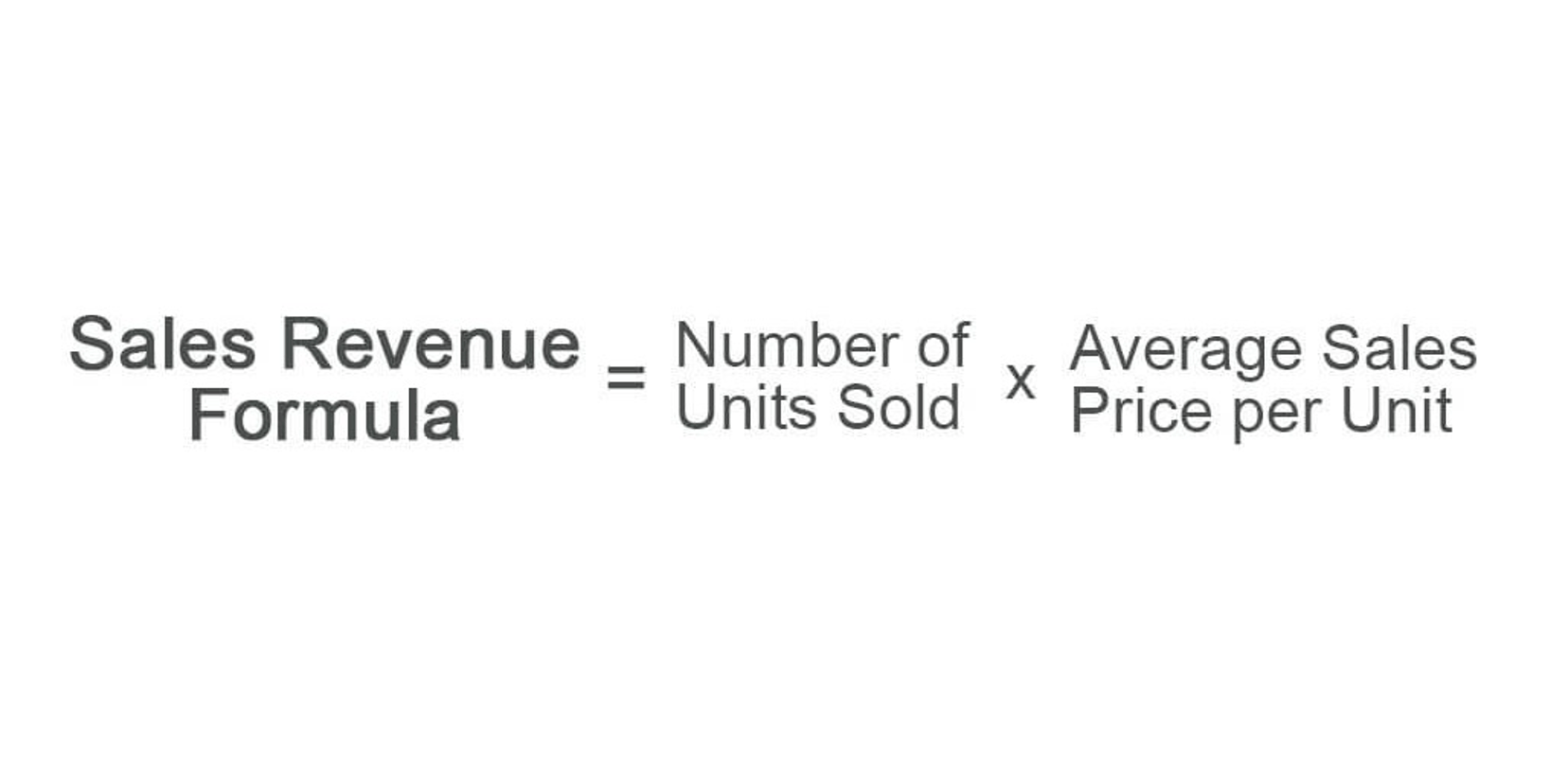
With a certified bookkeeper designation, you are qualified to perform all critical functions through the adjusted trial balance and basic payroll for small to medium-sized businesses. Bookkeeping is a crucial function of accounting, and earning a bookkeeping certification is a great way to show employers your expertise. While a certificate is not a requirement to become a bookkeeper, some professionals pursue certification to show their skills to employers and stand out in their job search. Managing the general ledger is part of your daily responsibilities as a bookkeeper.
- Once you have a sales summary you should set up a daily sales journal entry and create a memorized transaction in QuickBooks.
- Calculating restaurant payroll can be a hassle with irregular work hours, multi-positions, and different types of pay, calculating restaurant payroll can be a hassle.
- That’s everything from your delivery partners, to utilities and broadband internet, right through to rent for your premises.
- These financial snapshots give you the power to take action, in real-time with minimal effort.
- When you enter incorrect information into your books, you’re also skewing financial reports and KPIs.
Toast Payroll Services
Use our receipt tracker + receipt scanner app (iPhone, iPad, and Android) to snap a picture while on the go—auto-import receipts from Gmail. One thing you don’t want to do is run out of ingredients for an item on your menu. So, you must keep track of your inventory and order in time to stay supplied while waiting for the restocking order. From our experience, we have determined the best way to set up bookkeeping for a restaurant.
Reporting & Analytics
Using employee time-tracking tools and delegating expense review and approval to one team member also helps restaurants track expenses. Managing your accounts payable is crucial for maintaining healthy relationships with suppliers, vendors, and service providers. To accurately track your finances, it’s best to set up a business bank account if you haven’t already.
Elevate your restaurant’s success

Providing your staff with the essential skills and knowledge is crucial for making sure they perform at their best. Ongoing development is key, and part of this process involves consistently motivating and rewarding your staff for their performance and loyalty. This approach is a powerful tool for reducing turnover, minimizing absenteeism, preventing errors, and mitigating customer complaints. By investing in your staff’s growth and well-being, you contribute to the overall success and harmony of your restaurant.
Financial Reporting and Analysis
These financial transactions range from inventory costs, equipment, and utilities to menu prices. Remote Books Online excels in categorizing transactions, tracking daily sales, managing inventory, and handling payroll, allowing cafe and restaurant owners to focus on their core operations. Additionally, bookkeeping for restaurants their generation of comprehensive financial reports offers valuable insights into the business’s performance. With a keen eye on daily sales tracking and reconciliation, Remote Books Online guarantees precise financial records. They also manage inventory, optimizing stock levels and controlling costs.

Tip Reporting and Gratuity Management
- Prime cost accounts for all your labor costs and your cost of goods sold.
- It lets you see where your money is going and where it’s coming from and ensures you have enough flowing each way.
- Intuit provides its employees with supplemental learning materials after training has been completed to assist employees in developing their skills.
- We preferred platforms that integrated with POS systems and credit credit card processors for streamlined recordkeeping and financial management.
- All businessmen who order equipment from Smile POS New York feel a great difference in their income.
Restaurant costs come in all shapes and sizes, from food costs to labor costs and everything in between and understanding your overhead costs is key to managing your budget. A good restaurant POS system will generate detailed daily sales, inventory, and staffing reports. All this data can be used to identify areas of the business that need improvement. Before we dive into our 5-step guide to restaurant bookkeeping, let’s take a minute to discuss why it’s important. Not only is it essential for managing your business, but restaurant bookkeeping can provide valuable insights into optimising your business operations and maximising profits.
Setting Up Your Books
Maintaining a healthy cash flow is vital for the success of any cafe or restaurant. Regularly analyze the inflow and outflow of cash to understand your business’s liquidity. This practice allows you to identify potential cash flow issues and make necessary adjustments to ensure the financial stability of your establishment. In fact, approximately 47% of restaurant owners say they would repair or update their equipment if only they had any extra money on hand. This shows how important it is to track the inflow and outflow of cash into your restaurant so you can make informed cash flow projections. Your current assets are those that can be easily converted to cash within 12 months.
